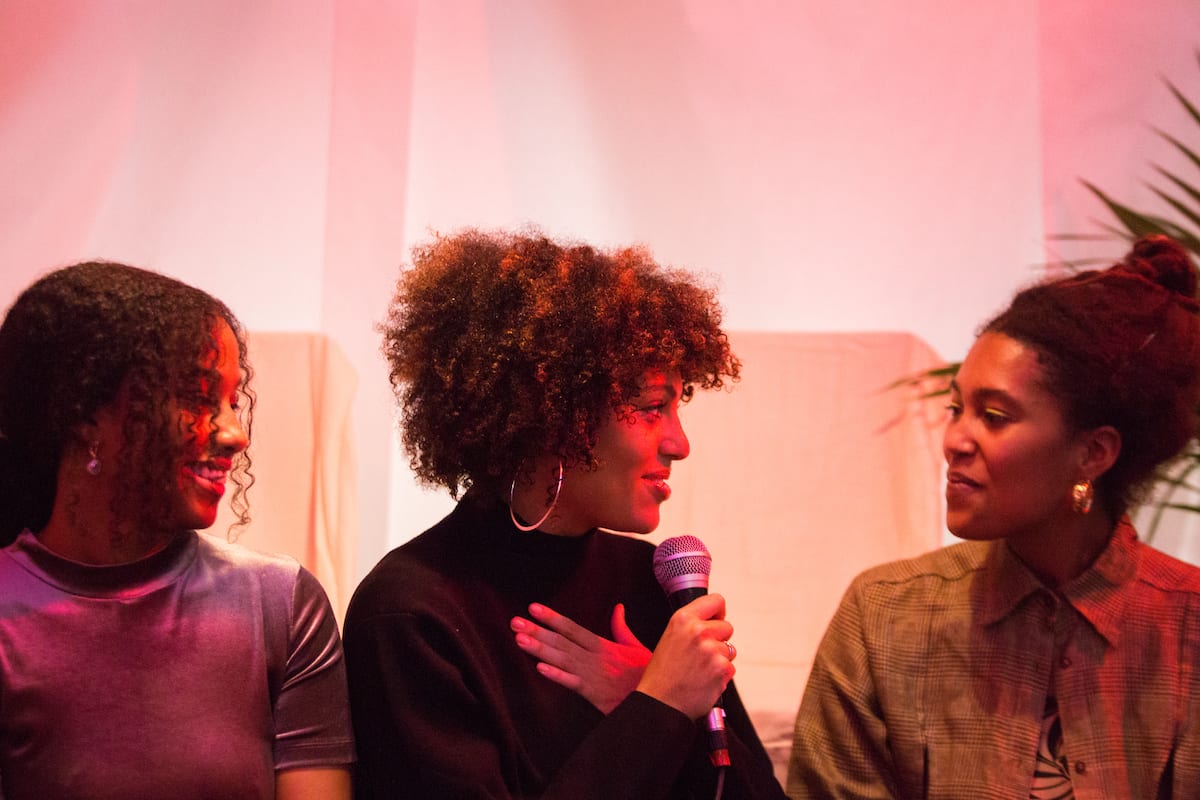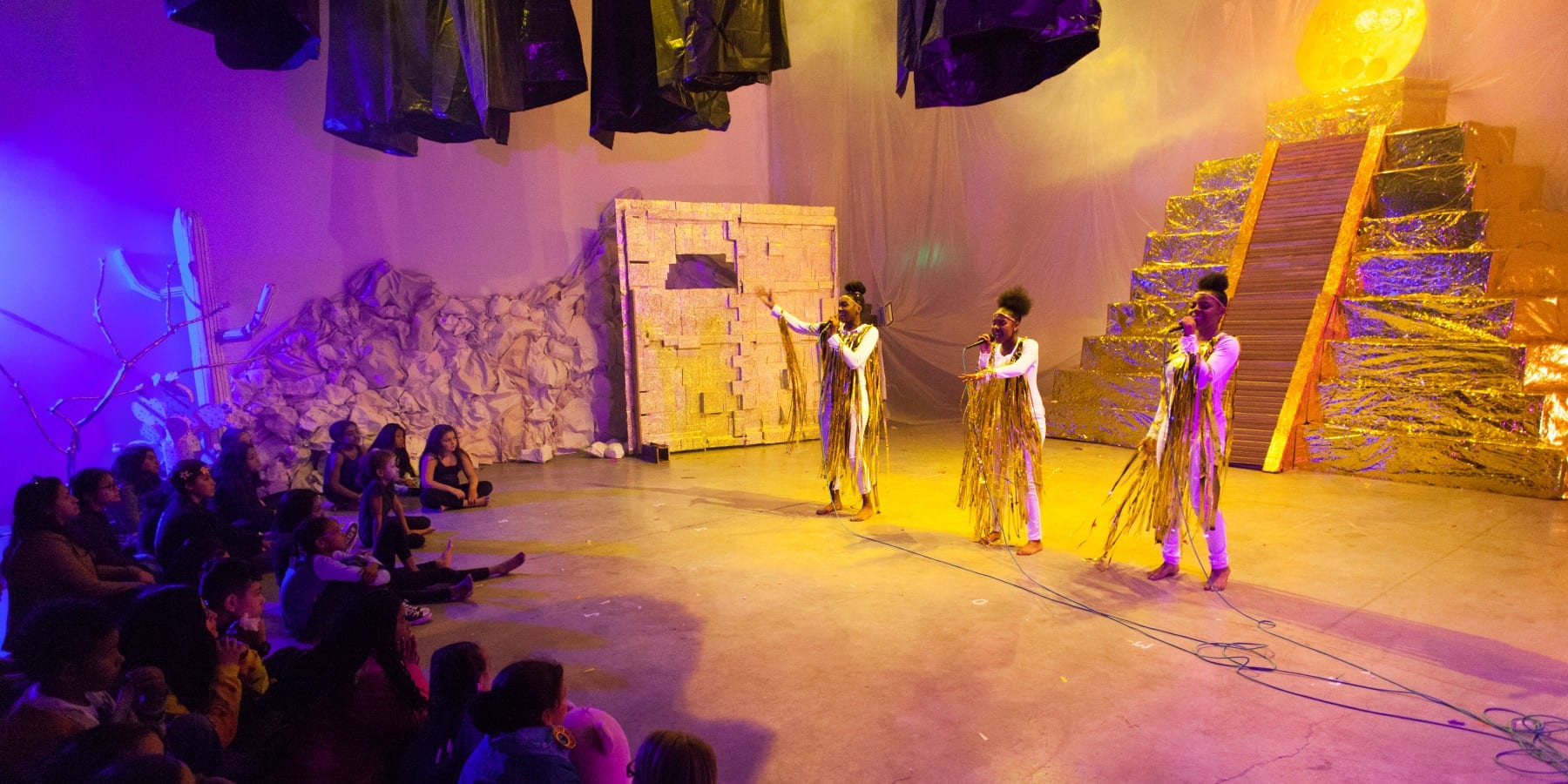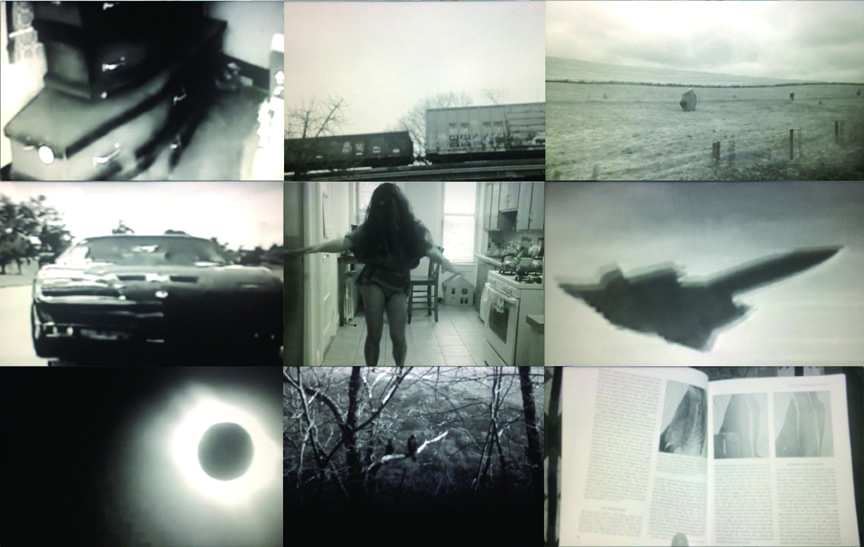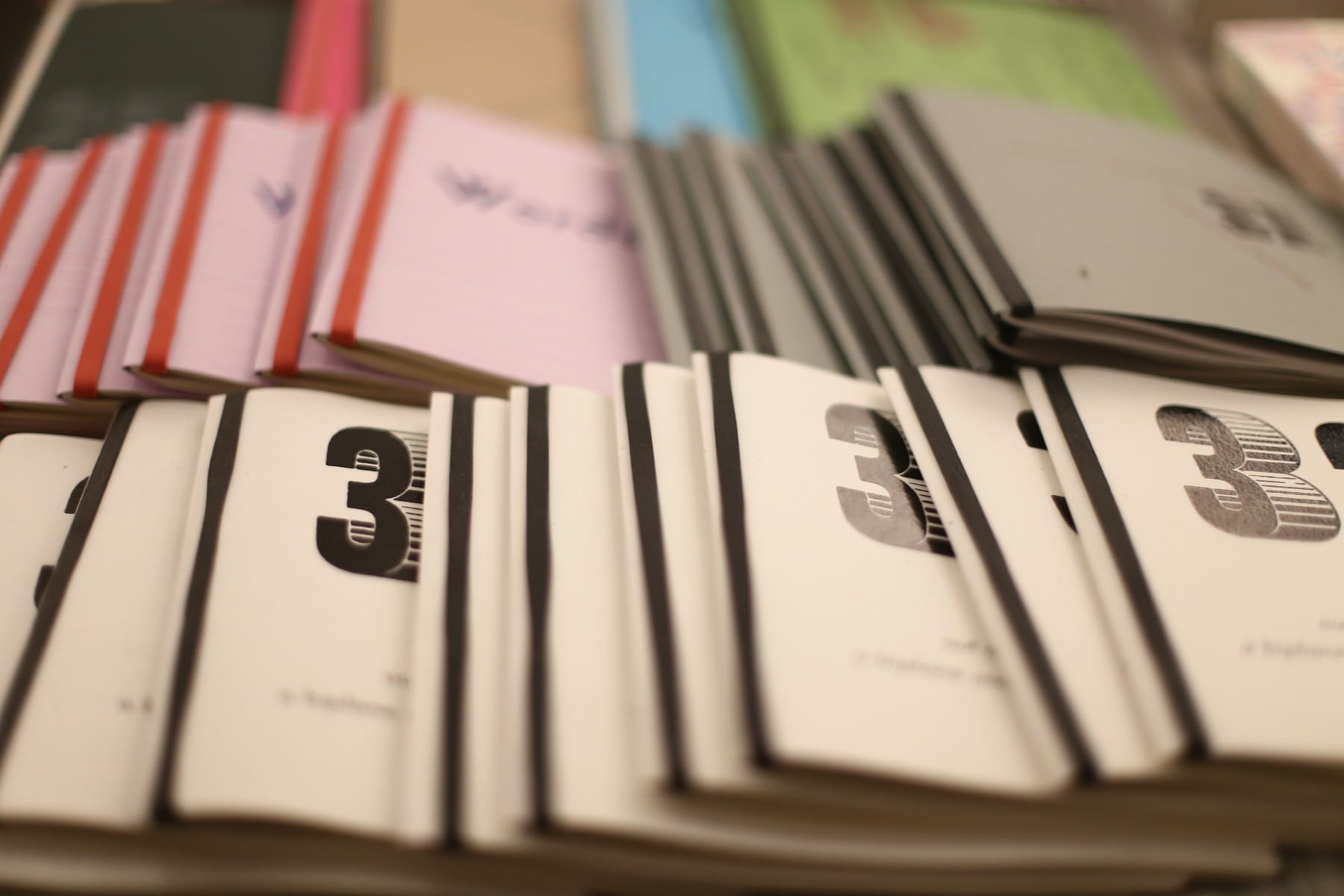
Seeing Solidarity is a day-long program of film screenings featuring documentaries made in the 1960s and 1970s which explore labor organizing efforts from the point of view of workers, while addressing the struggles of different groups, including women and people of color, within the labor movement itself. Speakers with direct experience in labor unions and relevant campaigns will introduce each film in relation to the contemporary set of challenges, questioning the potential of filmic representation in the promotion of worker solidarity both then and now.
Film Program:
2:00pm
À Bientôt, J’espère (Be Seeing You), 1968
Chris Marker and Mario Marret, produced by SLON
16mm film, 39 min
Introduction by Erik Forman
À Bientôt, J’espère documents a strike at a French textile factory by following a young, charismatic unionist as he energizes workers and articulates their need not only for an adequate wage, but a meaningful existence. Informal conversations set around the kitchen table narrate the workers’ concerns in their own words although the strained silence of the wives sat beside them is often what speaks volumes.
3:30pm
Finally Got the News, 1970
Stewart Bird, Rene Lichtman and Peter Gessner, produced in association with the League of Revolutionary Black Workers
16mm film, 55 min
Introduction by Tim Schermerhorn
Finally Got the News delves into the issue of racism within organized labor and the particularities of the black workers’ struggle. Produced in association with the League of Revolutionary Black Workers, it centers on the labor conditions in Detroit’s auto factories and expresses the injustices of the capitalist system through the direct language of the workers themselves, providing a clear and compelling account of their frustration.
6:00pm
Nightcleaners, 1975
Berwick Street Film Collective
16 mm film, 90 min
Introduction by Lise Soskolne
Nightcleaners depicts an attempt by the Women’s Movement to unionize the female workers, many of them mothers, cleaning London’s office blocks. While formally experimental, the film’s many interviews reveal the physical and psychological consequences of working the graveyard shift—sometimes allowing only a couple of hours of sleep daily—as it simultaneously demonstrates the difficulty in organizing an atomized, precarious and exhausted workforce.
About the Speakers
Erik Forman has been active in the labor movement for over a decade as a rank-and-file organizer. He played a leading role in groundbreaking attempts to unionize the US fast food industry with the Industrial Workers of the World. He currently works as a labor educator in New York City.
Tim Schermerhorn is an Organizer with Democracy at Work and a member of the Labor Notes Policy Committee and the Black Workers Rank-and-File Network. Before retiring from the New York City Transit Authority in 2015, he was a rank-and-file member of Transport Workers Union Local 100 in New York.
Lise Soskolne is an artist living in New York and core organizer of Working Artists and the Greater Economy (W.A.G.E.), an activist organization whose mission is to establish sustainable economic relationships between artists and the institutions that contract their labor, and to introduce mechanisms for self-regulation into the art field that collectively bring about a more equitable distribution of its economy.
About the Organizer
Ana Torok is a curator and art historian based in New York City, specializing in conceptual and time-based media practices of the 1960s and 1970s.
*If you would like to attend this event but lack the funds, please contact alexis@knockdowncenter.com.









